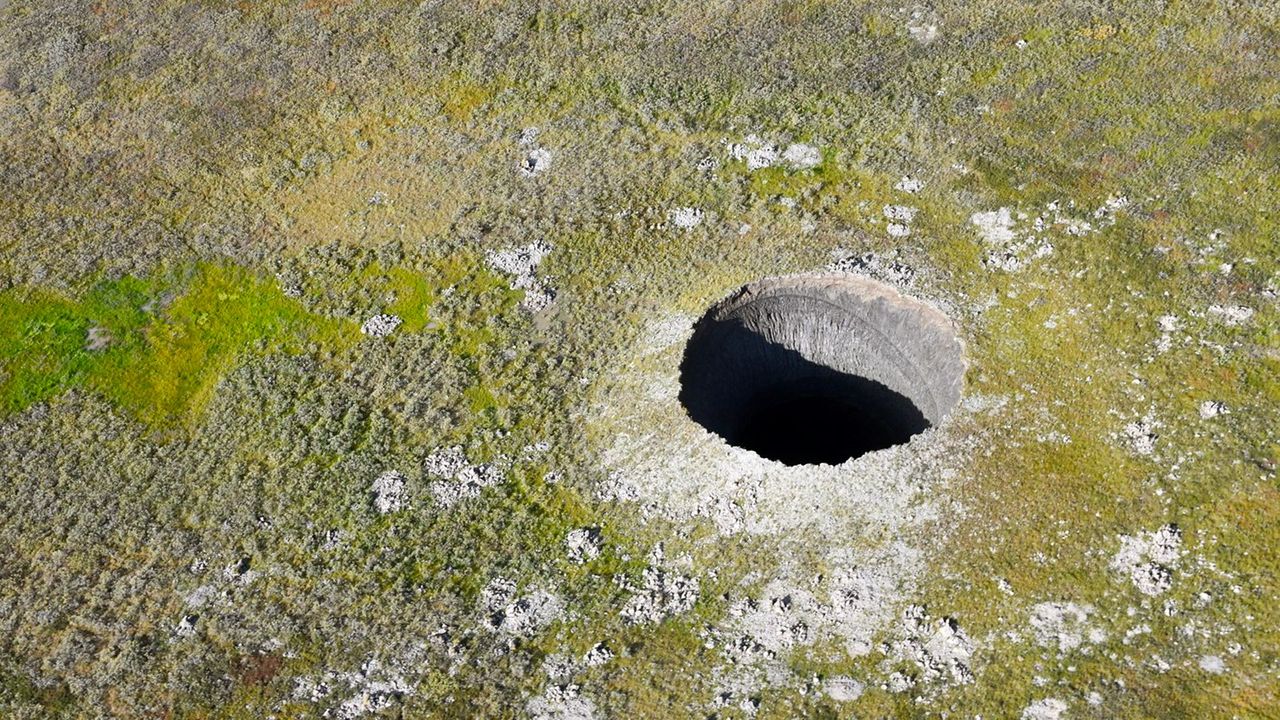Since the dawn of civilization, fearless explorers have ventured into the unknown, mapping new lands, crossing vast oceans, and even reaching outer space. Their discoveries reshaped human history, expanding trade, science, and culture.
Here are the Top 10 Greatest Explorers in History!
1. Marco Polo (1254–1324) – The Man Who Brought Asia to Europe 🏯🛤️
Marco Polo’s journey along the Silk Road took him deep into China, where he served at the court of Kublai Khan. His book of travels fascinated Europeans and inspired future explorers like Columbus. 🔎 Legacy: Connected Europe and Asia, fueling the Age of Exploration.
2. Christopher Columbus (1451–1506) – The Navigator of the New World 🗺️🚢
Sailing under the Spanish crown, Columbus crossed the Atlantic in 1492, reaching the Caribbean. Though he didn’t find a new route to Asia, his journey linked the Old and New Worlds forever. 🔎 Legacy: Started the Age of European Colonization.
3. Ferdinand Magellan (1480–1521) – First to Circumnavigate the Globe 🌍⛵
Magellan’s expedition (1519–1522) proved that the Earth was round and that the Pacific Ocean was much larger than previously thought. He died before completing the journey, but his crew finished the first circumnavigation of the world. 🔎 Legacy: Opened global trade routes.
4. James Cook (1728–1779) – Charting the Pacific 🌊🗺️
Captain Cook mapped the coastlines of Australia, New Zealand, and the Pacific Islands with incredible accuracy. His scientific approach to exploration helped advance cartography and navigation. 🔎 Legacy: Brought Pacific islands into world maps.
5. Ibn Battuta (1304–1369) – The Medieval World Traveler 🕌🌍
This Moroccan explorer traveled over 120,000 km across the Islamic world, from North Africa to China. His detailed accounts provide invaluable insights into 14th-century civilizations. 🔎 Legacy: His writings are one of the most important historical records of medieval cultures.
6. Lewis & Clark (1774–1809, 1770–1838) – The American Frontier Explorers 🏔️🌿
Commissioned by Thomas Jefferson, Lewis and Clark led the Corps of Discovery (1804–1806), mapping the vast Louisiana Purchase and documenting its flora, fauna, and indigenous tribes. 🔎 Legacy: Paved the way for westward expansion in the U.S.
7. Roald Amundsen (1872–1928) – Conqueror of the South Pole ❄️🧭
Amundsen was the first person to reach the South Pole in 1911, beating his British rival Robert Falcon Scott. He later led the first air expedition over the North Pole. 🔎 Legacy: Mastered polar exploration techniques.
8. Neil Armstrong (1930–2012) – The First Human on the Moon 🌕🚀
As the commander of Apollo 11, Armstrong became the first person to walk on the Moon in 1969, declaring: 🗨️ “That’s one small step for [a] man, one giant leap for mankind.” 🔎 Legacy: Pioneered human space exploration.
9. Yuri Gagarin (1934–1968) – First Human in Space 🌌👨🚀
In 1961, Soviet cosmonaut Yuri Gagarin became the first human to orbit Earth aboard Vostok 1. His flight launched the Space Age and changed our understanding of what was possible. 🔎 Legacy: Inspired a new era of space travel.
10. Jacques Cousteau (1910–1997) – The Father of Ocean Exploration 🌊🤿
Cousteau co-developed the Aqua-Lung (SCUBA gear), making deep-sea diving possible. His marine documentaries and activism revealed the wonders of the underwater world. 🔎 Legacy: Revolutionized ocean exploration and conservation.
🌍 FINAL THOUGHTS
From uncharted oceans to distant planets, these explorers pushed the limits of human knowledge. Their bravery and discoveries continue to inspire modern adventurers in all fields.
🌟 Who is your favorite explorer? Let us know in the comments!



